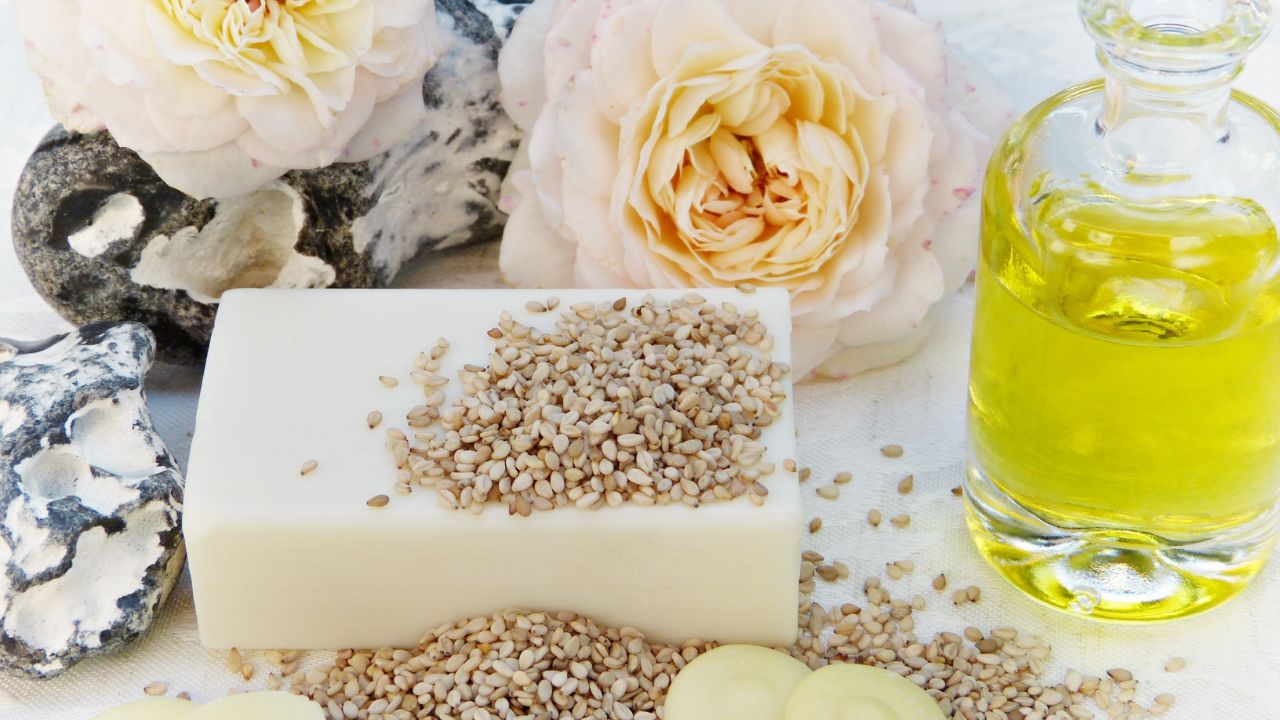In recent years, there has been growing concern over the health effects of seed oils. As people become more conscious of their diet, questions like, “Are seed oils bad for you?” have become more common. According to health experts at Mayo Clinic, it’s essential to consider both the benefits and the potential drawbacks of these oils. This blog post will delve into the nutritional properties of seed oils, their health effects, and expert opinions from Mayo Clinic to help you make an informed decision about your diet.
What Are Seed Oils?
Seed oils are vegetable oils extracted from various seeds such as sunflower, soybean, canola, corn, and cottonseed. These oils are widely used in cooking, frying, and in processed foods. They are typically high in polyunsaturated fats, especially omega-6 fatty acids, which are essential for the body’s functions but can cause issues when consumed in large amounts.
The Good and the Bad of Seed Oils
Mayo Clinic experts emphasize that seed oils can have both beneficial and harmful effects depending on how they’re consumed. Let’s break down the positives and negatives:
1. Nutritional Profile of Seed Oils:
Seed oils are a significant source of polyunsaturated fats, specifically omega-6 fatty acids. These fats are essential for human health, playing key roles in brain function, cell structure, and inflammation regulation. However, they must be balanced with omega-3 fatty acids, which are primarily found in fish, flaxseeds, and walnuts. A proper balance between omega-3 and omega-6 is critical for maintaining optimal health. When omega-6 fatty acids are consumed in excess, they may contribute to chronic inflammation, which has been linked to various diseases, including heart disease, cancer, and diabetes.
2. Omega-6 Fatty Acids and Inflammation:
According to Mayo Clinic, an imbalance in omega-6 to omega-3 ratios can lead to inflammation in the body. This is because omega-6 fatty acids are precursors to pro-inflammatory molecules called eicosanoids. Chronic inflammation is considered one of the leading causes of heart disease, cancer, and autoimmune disorders. In today’s modern diet, high levels of omega-6 fatty acids, due to the widespread use of seed oils, are a common concern.
3. Refined Seed Oils and Health Risks:
Most commercially available seed oils are refined through high-heat processing and chemical treatments, which can degrade the oil’s beneficial properties and introduce harmful compounds, such as trans fats. Trans fats are notorious for raising bad cholesterol (LDL) levels and increasing the risk of heart disease. The refining process also strips the oils of essential nutrients like vitamins E and K, which are crucial for maintaining a healthy immune system and skin.
4. Unrefined vs. Refined Seed Oils:
It’s important to distinguish between unrefined and refined seed oils. Unrefined seed oils, such as cold-pressed sunflower or flaxseed oil, are less processed and retain more nutrients. These oils are often a better option for consumers looking to add healthy fats to their diet. They are also more stable when used in lower heat cooking or for dressings, preserving their natural antioxidant properties.
5. Can Seed Oils Cause Heart Disease?
One of the main concerns about seed oils is their potential impact on heart health. Studies have shown that diets high in omega-6 fatty acids, particularly when consumed in excess without a corresponding increase in omega-3 intake, can increase the risk of cardiovascular disease. However, Mayo Clinic suggests that when consumed in moderation, seed oils that are rich in omega-6 fatty acids, such as sunflower oil or safflower oil, can still be part of a healthy diet. The key is moderation and balancing your intake with sources of omega-3 fatty acids.
Seed Oils in the Modern Diet
Seed oils are ubiquitous in the modern diet, found in everything from salad dressings to fried foods and snacks. Their prevalence has led to increased consumption, often at the expense of healthier fat options like olive oil and avocados. In fact, the ratio of omega-6 to omega-3 fatty acids in the typical Western diet has become disproportionately high, contributing to the rise in chronic health conditions.
Stay Connected With Google News
Health experts, including those at Mayo Clinic, recommend focusing on a balanced intake of fats. While seed oils can be part of that balance, it’s important to limit their consumption, especially in processed foods that may contain unhealthy trans fats.
Healthier Alternatives to Seed Oils
If you’re concerned about the effects of seed oils, consider these alternatives, which are considered healthier options:
- Olive Oil: A key component of the Mediterranean diet, olive oil is rich in monounsaturated fats, which have been shown to lower bad cholesterol and reduce the risk of heart disease. Olive oil also contains powerful antioxidants, which help fight inflammation.
- Coconut Oil: Coconut oil is rich in saturated fats, but it has antimicrobial properties and can be beneficial for gut health. It’s best used in moderation and for specific cooking methods like baking or sautéing.
- Avocado Oil: Avocado oil has a high smoke point, making it suitable for high-heat cooking, and is rich in heart-healthy monounsaturated fats. It is also a great source of vitamins E and K.
- Flaxseed Oil: This oil is rich in omega-3 fatty acids, particularly alpha-linolenic acid (ALA), and is known for its anti-inflammatory properties. It’s best used in cold dishes, as it is unstable at high heat.
Trusted Sources Link-https://nutritionsource.hsph.harvard.edu/
Conclusion
Are seed oils bad for you? The answer isn’t black and white. While seed oils can provide essential fatty acids and offer benefits in moderation, consuming them in excess—especially when processed—may have negative health effects. Mayo Clinic’s stance is clear: balance is the key. By balancing your intake of omega-6 fatty acids with omega-3 fatty acids and choosing unrefined oils when possible, you can make seed oils a part of a healthy, well-rounded diet.
It’s essential to be mindful of how much and what types of oils you’re consuming. Opting for healthier fats from sources like olive oil, avocado oil, and fish can provide greater health benefits, especially in the long term.
Frequently Asked Questions
1. Are all seed oils harmful? No, not all seed oils are harmful. Unrefined, cold-pressed seed oils can be a part of a healthy diet, but refined seed oils and those high in omega-6 fatty acids should be consumed in moderation.
2. Do seed oils cause heart disease? Excessive consumption of omega-6 fatty acids, particularly when there is a lack of omega-3s, can contribute to inflammation and may increase the risk of heart disease. Moderation is key.
3. What are the healthiest oils to cook with? Healthier oils for cooking include olive oil, avocado oil, and coconut oil. These oils are rich in beneficial fats and more stable at higher temperatures.
4. Should I avoid seed oils entirely? There’s no need to eliminate seed oils entirely. Focus on using them in moderation, choosing unrefined oils, and balancing them with other sources of healthy fats like those found in fish, nuts, and olives.
Sources and References :-
10 Foods to Avoid if You Want to Fight Cancer Does Cooking Oil Cause Cancer? What Are the Names of Cooking Oils? Olive Oil Benefits for Females: Health, Beauty, and Wellness



